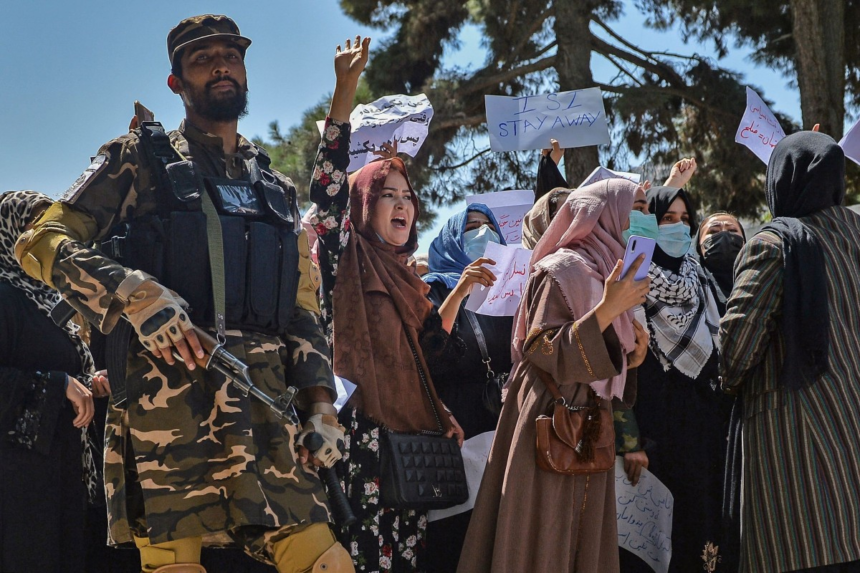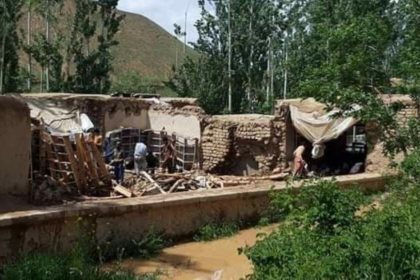RASC News Agency: More than three years since the Taliban’s return to power, Afghanistani women continue to defy a regime that is systematically erasing them from every facet of public life. Despite sweeping restrictions that bar them from education, employment, and civic participation, women across the country have kept the fight alive under the powerful slogan: “Bread, Work, Freedom.” A rallying cry born of despair has now become a symbol of hope and a declaration of unwavering resistance. Negar Mohtashami Khojasta, a researcher with the Women’s Division at Human Rights Watch, explains that the slogan “Bread, Work, Freedom” transcends mere socio-economic demands. “It is not a simple request for sustenance or employment,” she states. “It is a direct challenge to a regime intent on erasing half its population. It embodies resilience against a system rooted in patriarchal repression and institutionalized gender apartheid.”
Since the Taliban’s takeover in August 2021, women have been targeted by an aggressive campaign of social exclusion. Schools and universities have been shut to female students. Tens of thousands of women have been forced out of their jobs. Even small businesses such as beauty salons that sustained countless households have been shuttered. For the few sectors not outright banned, the Taliban have imposed severe constraints, including the requirement of a male escort (Mahram) for work and bans on employment for unmarried women, effectively closing every door to financial independence. Khojasta further underscores that these restrictions are brutally enforced by the Taliban’s so-called Ministry for the Promotion of Virtue and Prevention of Vice. “Women are surveilled, harassed, and arbitrarily detained by agents of the regime simply for appearing in public spaces,” she says. “This calculated atmosphere of terror is intended to drive them into invisibility.”
This institutional repression is compounded by Afghanistan’s deepening economic crisis. Jobs have vanished, inflation has soared, and humanitarian aid is increasingly politicized further narrowing the avenues of survival, particularly for women who are no longer permitted to work in most sectors. Despite Afghanistan’s membership in the International Labour Organization (ILO) since 1934 and its legal obligations to eliminate gender-based discrimination, the Taliban’s actions stand in flagrant violation of international labor and human rights standards. The female labor force participation rate, once hovering near 19% before the fall of the republic, has now plummeted to a historic low of less than 5%. And yet, Afghanistani women refuse to disappear.
Amid severe repression, women continue to mobilize drawing upon creativity, solidarity, and moral courage. Many have launched online businesses, organized underground educational networks, and engaged in global campaigns to have gender apartheid recognized as a crime under international law. Their resistance, once local and fragmented, has matured into a globally resonant human rights movement. Today, Afghanistani women are not merely victims of the Taliban’s brutality they are its fiercest opponents. Through nonviolent civil disobedience, digital activism, and international advocacy, they are challenging a regime that seeks to annihilate their presence. Their struggle is a defining test for the conscience of the international community.
In the face of deliberate erasure, Afghanistani women are not retreating. They are rewriting the narrative of resistance not with weapons, but with unshakable resolve. The Taliban may have seized power, but Afghanistani women have claimed the world’s attention and they are not letting go.






